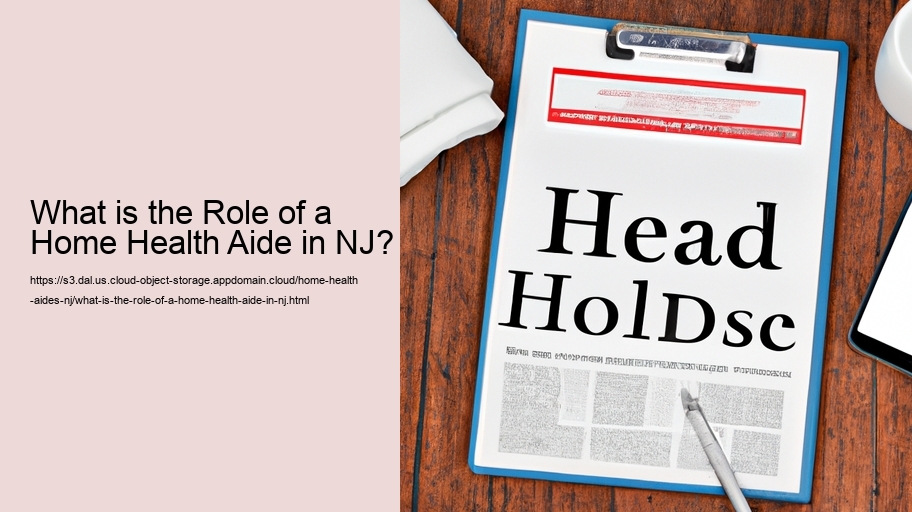The Role of a Home Health Aide in NJ
Home health aides (HHAs) play a crucial role in the healthcare system, especially for individuals who require assistance but wish to remain in their homes. In New Jersey (NJ), the responsibilities and importance of home health aides are underscored by an aging population and increasing demand for personalized care services. The role of a home health aide is multifaceted, combining medical support with compassionate companionship.
First and foremost, HHAs provide essential personal care to clients. This includes helping with activities of daily living (ADLs) such as bathing, dressing, grooming, and toileting. For many elderly or disabled individuals, these tasks can be challenging or impossible to perform independently. By assisting with ADLs, home health aides help maintain their clients' dignity and hygiene.
In addition to personal care, HHAs offer vital healthcare support under the supervision of registered nurses or other healthcare professionals. They may monitor vital signs like blood pressure and heart rate, administer medications according to prescribed schedules, and assist with exercises or mobility routines designed by physical therapists. These tasks ensure that clients receive consistent medical attention without needing frequent hospital visits.
Another critical aspect of a HHA's job is providing emotional support and companionship. Many individuals receiving home health care experience feelings of isolation or loneliness due to limited social interaction. Home health aides often become trusted companions who engage in conversations, play games or simply share meals with their clients. This emotional connection can significantly enhance the mental well-being of those they care for.
Moreover , HHAs also play an important role in communication between patients and their families as well as other healthcare providers . They keep detailed records of the client's condition , noting any changes that might indicate new health concerns . This information is then relayed promptly to nurses , doctors , or family members so appropriate action can be taken . Effective communication ensures that everyone involved in the patient’s care remains informed and coordinated .
However , being a home health aide comes with its own set of challenges . Physical demands are significant since aides often need to lift or move patients during transfers from bed to wheelchair etcetera . Emotional strain is another factor ; dealing daily with illness , disability , sometimes even death requires resilience compassion patience .
Despite these challenges though working as HHA offers unique rewards too ! Many aides find deep satisfaction knowing they’re making tangible difference someone else’s life every single day . The bonds formed between caregiver client frequently go beyond professional relationships becoming cherished friendships lasting long after formal service ends .
In New Jersey specifically there are regulations ensuring quality training certification standards high level professionalism within field . Prospective HHAs must complete state-approved training programs pass competency exams before obtaining certification work legally within state boundaries assuring families safe reliable caregivers entering homes loved ones .
To sum up while it may seem like demanding job at times being home health aide undoubtedly rewarding career choice offering blend practical skills human touch necessary foster independence comfort among vulnerable populations across NJ beyond!
